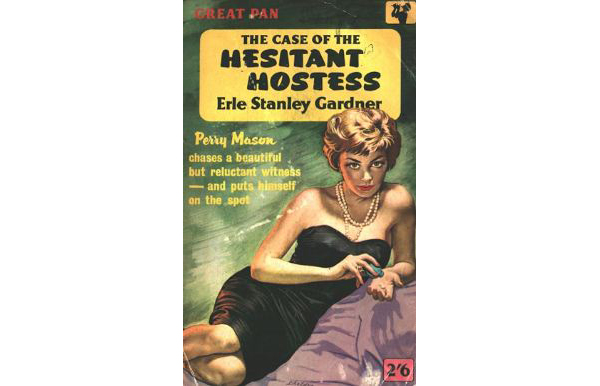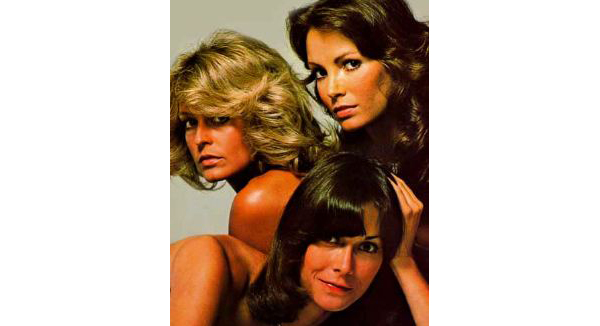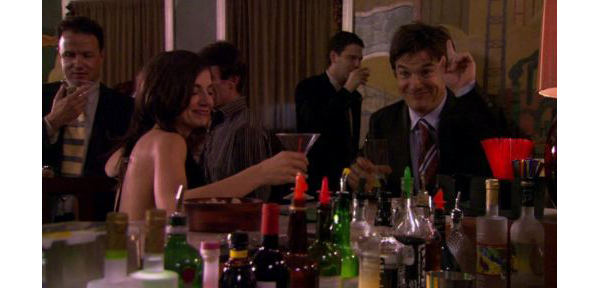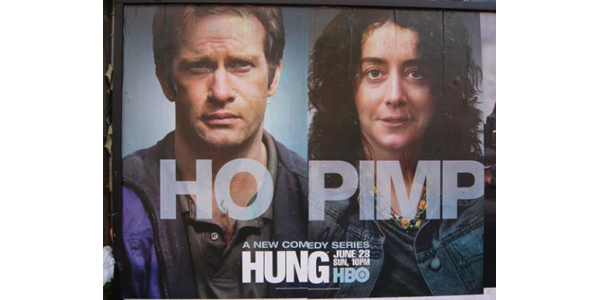"To the moralist prostitution does not consist so much in the fact that the woman sells her body, but rather that she sells it out of wedlock."
In the Beginning
In the early days of TV, programming was more family-oriented, censors were tough as nails, and the Sexual Revolution was decades away. For that reason, prostitution was never really dealt with on-screen ... at least, not explicitly.
For example, Miss Kitty, from the TV show Gunsmoke, was sanitized during the show's conversion from radio to the small screen.
While it was clear that she engaged in prostitution on the radio show, the TV version of her character only hinted at what she was doing upstairs. But while the implications were there, it was never explicitly stated that prostitution was occurring in the saloon where Miss Kitty worked.
In a similar move, Erle Stanley Gardner's The Hesitant Hostess was "de-smutted" when it was adapted into a Perry Mason TV mystery in the late 50s. The character of Daphne was changed from a sex worker in the original story to a taxi cab driver for the TV version, as producers thought an episode that dealt with both drugs and prostitution would be too indecent.
For example, Miss Kitty, from the TV show Gunsmoke, was sanitized during the show's conversion from radio to the small screen.
While it was clear that she engaged in prostitution on the radio show, the TV version of her character only hinted at what she was doing upstairs. But while the implications were there, it was never explicitly stated that prostitution was occurring in the saloon where Miss Kitty worked.
In a similar move, Erle Stanley Gardner's The Hesitant Hostess was "de-smutted" when it was adapted into a Perry Mason TV mystery in the late 50s. The character of Daphne was changed from a sex worker in the original story to a taxi cab driver for the TV version, as producers thought an episode that dealt with both drugs and prostitution would be too indecent.












Comments